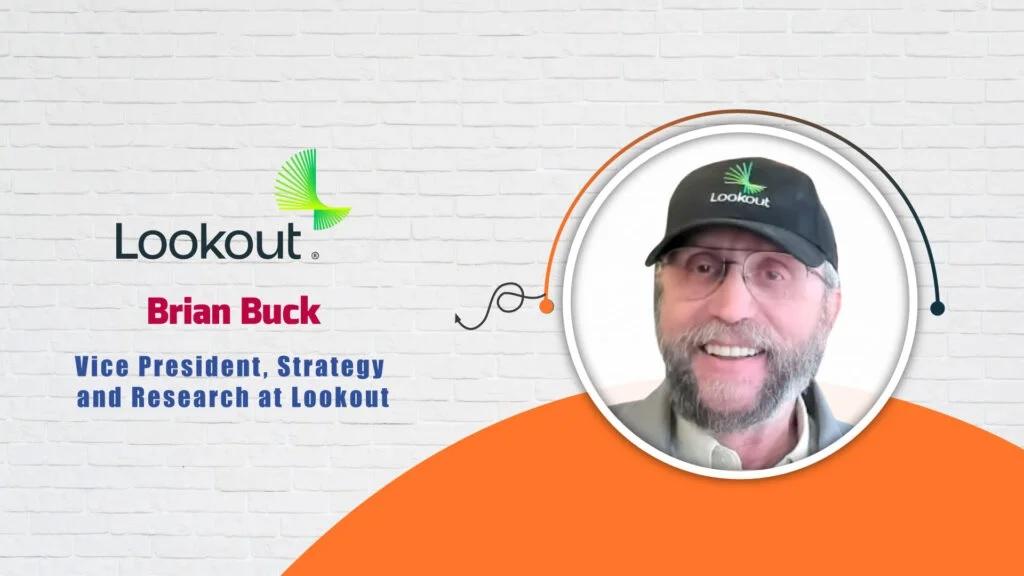Could you walk us through your 50-year professional journey in the technology and innovation field, highlighting the professional journey that led you to Lookout and your current focus on cybersecurity
Fifty years ago the technology space was very different. Other than software provided by the vertically integrated big players (IBM and the “BUNCH”—Burroughs, UNIVAC, NCR, Control Data Corporation, and Honeywell) who offered mainframe computers and their operating systems, and a smattering of applications, all the rest of the applications that organizations needed were written in-house. So if you wanted to work in tech, you likely worked for one or the other; there weren’t any independent software vendors yet.
Cybersecurity was not a primary concern for application developers back then; the focus was on delivering the application’s functionality on time (some things haven’t changed very much). It tends to take the occurrence of something bad (an attack) before people realize there is a risk and that it must be managed and mitigated. I remember when I discovered and reported the equivalent of what would now be called a SQL injection attack in an internal system in a large bank in the late 1970s; it allowed an attacker to read anyone’s internal email (this bank was a technology leader in adopting email for communication back then). Management didn’t know how to react. Their first reaction was disbelief, then anger at me for finding the vulnerability, then finally a remediation for that specific problem; but the lesson wasn’t learned that vigilance was required not just in operations but during development, that cybersecurity needed to be part of the entire process of delivering value to people with computing systems, from start to finish. This is still, to some degree, a problem. But it ignited a spark for me, to always look at the risks related to the systems that I was developing, and to proactively take care of them.
I find it interesting that the same sort of mindset that is good for cybersecurity works very well for innovation. This is a mindset that is curious about everything, wants to understand how things work, and discover what else systems or technologies can do beyond what was originally conceived, that uses imagination to consider what kinds of problems the systems or technologies can create or solve. This used to be called a “hacker mindset” before the word “hacker” acquired its current connotation of a criminal attacker, and referred to someone who was clever and inventive.
To Know More, Read Full Interview @ https://ai-techpark.com/a-50-year-journey-in-cybersecurity-and-innovation/
Read Related Articles:




